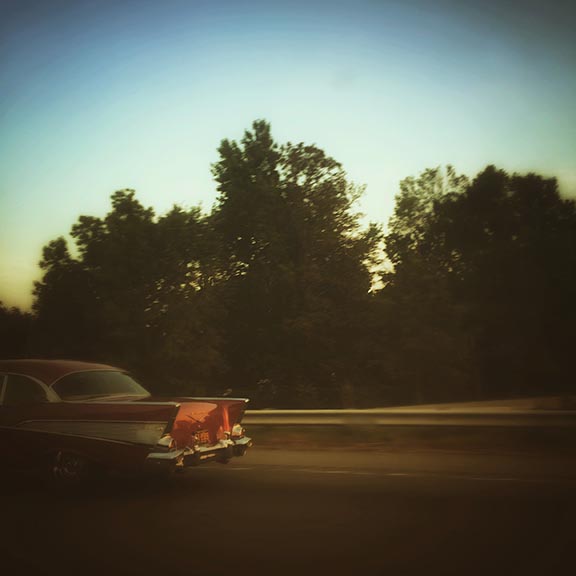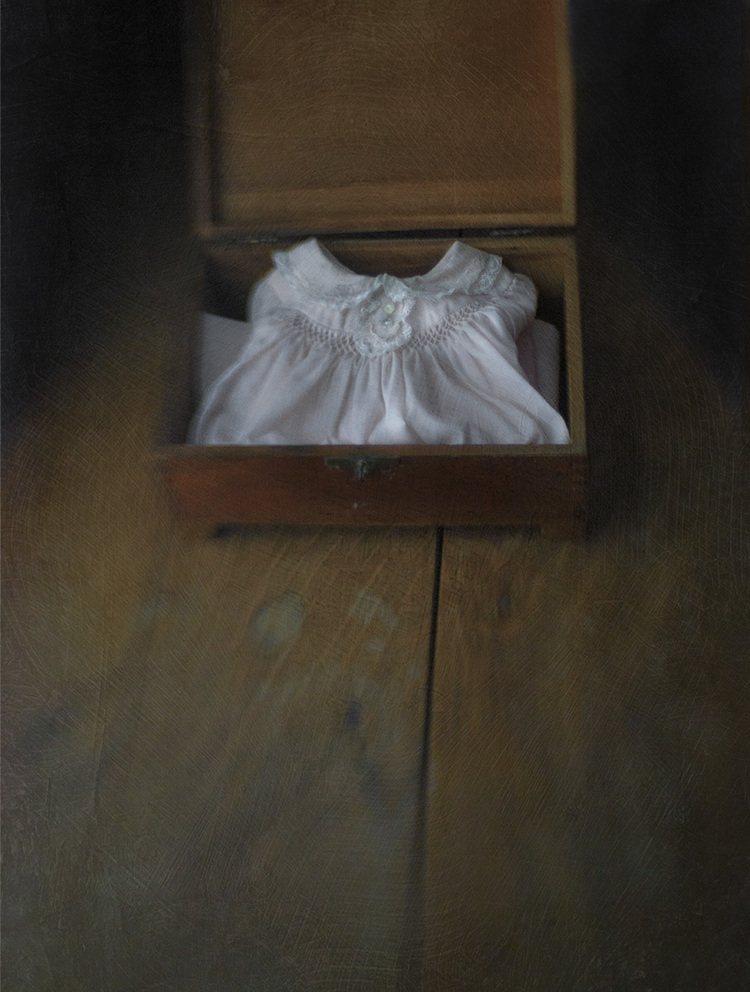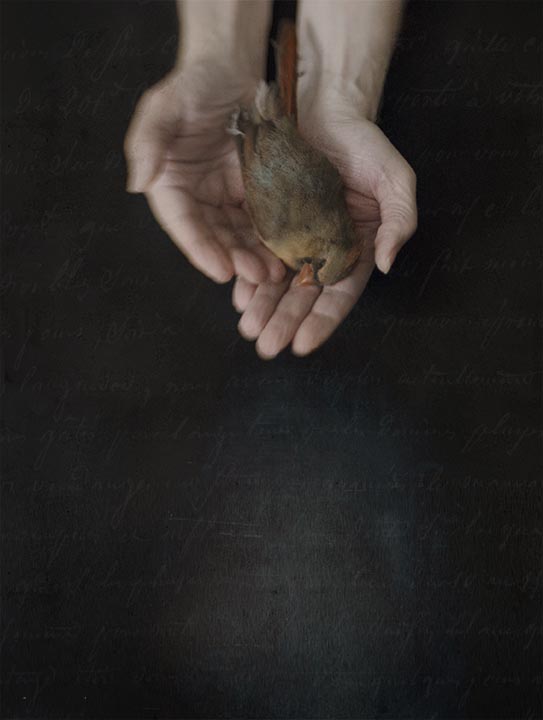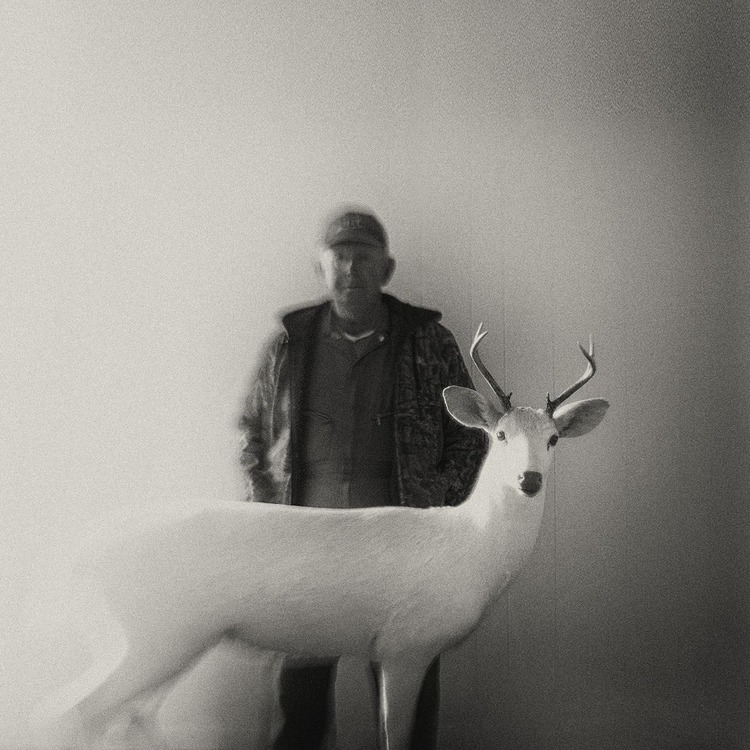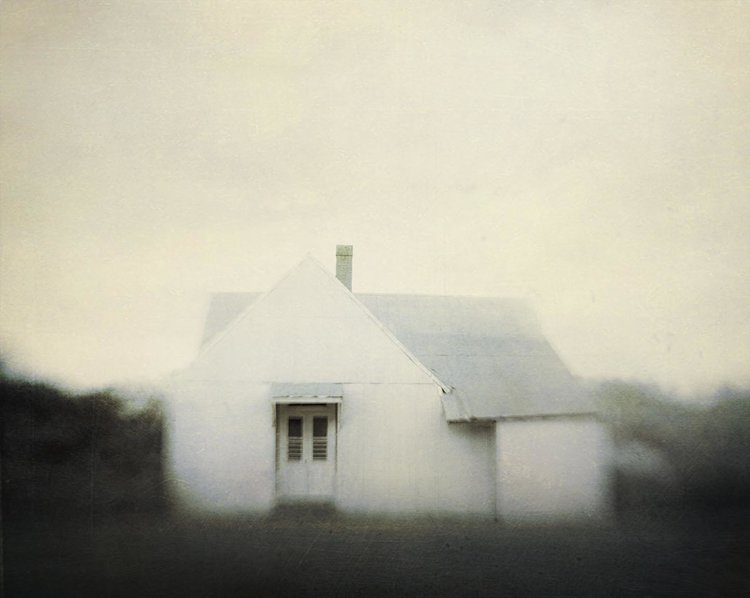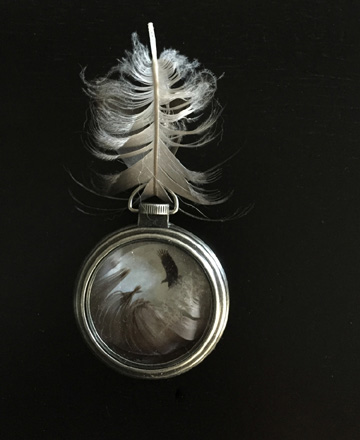Summer starts with a sacrifice. The death of two small boys on a hot afternoon.
It’s how summer begins in Buffalo’s First Ward. I am seven.
Sometimes, a raft made of wooden factory pallets that were stolen from Barcalo’s capsizes underneath the lift bridge killing a boy of eight from Fitzgerald Street. Or an inner tube from an old Ford truck fails to hold its hot patch and a twelve-year old boy from Fulton Street dies a few short strokes from the Great Northern Elevators.
Or a Kentucky Street teenager slides down a three hundred foot sand dune and sinks beneath the shadows of the St. Mary’s Cement towers. Or a Pets’ 6th Grader slips while chasing a sewer rat with a slingshot and the boy falls into the Ohio Basin.
On this summer day, a flotilla of oil-drums bound together with poorly knotted sailor’s hitches, unknots and unlashes itself, sending four boys from Sidway Street into the gray waters. Their panicked friends watch from a shoreline perch. Others watch from perches within the rotting structure of the Ganson side’s wooden piers. I watch with my friends from the concrete dock that runs the South Street side of the river.
I am next to a bollard where a giant lake boat ties anchor.
A small boy screams.
His arms flail against the waters. His three friends try to save themselves swimming desperately to the Ganson side piers as their flotilla falls apart and drifts away.
All of them search for something concrete to hold onto.
One boy finds a steel bar and holds tight to the rung of a ladder embedded into the side of the pier. The second finds a mooring hanging from the side of an anchored tugboat. The third clings to a large wooden pile jutting from the river and becomes part of the crumbling pier.
The drowning boy finds nothing. He grabs at the waters around him. Thrashing and kicking. His hands empty. He knows he is going to die.
In some versions of this story, a miracle occurs. An older boy, who is fishing at the foot of Hamburg and South Streets, reacts without thinking. He drops his pole and dives head first. Unafraid. He swims against the river’s slow current, fighting its unpredictable eddies to reach the drowning boy just before the small one goes down for the fatal, third time. He reaches the drowning boy and grabs his small outstretched hand in the nick of time and becomes the newest “Hero of the Ward.”
A black-and-white photo appears in the Courier-Express and the Buffalo Evening News. A photo of a smiling boy holding his skinny fishing pole. Standing proudly next to the boy he saved. The small boy with his dirty blonde hair. A thankful little boy. Still wet. Still scared. A small smile on his tiny lips. Looking up in awe at his dark-haired savior.
The photo runs next to a half-page news article, proof of the boy’s uncommon courage. Of his selflessness. In it, when asked why he jumps to save a boy he does not know, the fisher boy mentions hearing Fr. Mahoney’s sermon about laying down one’s life to save another. And with this admission, the fisher boy becomes the next Ward’s legend. His story’s told from the pulpit, then door-to-door and face-to-face over beers at Whitey’s or Flood’s. His actions celebrated with smiles and knowing nods from elder Wardmen.
“Did ya hear about that fisher boy? The one who saved that Sidway Street boy?”
“I did. It’s what Ward boys do.”
“Slainte.”
It’s such a beautiful ending. Mythic and noble. And fucking unbelievable, if it weren’t right there on page 23 in the Courier-Express.
But, this is not that story. Rather, it is this one.
The story of the Ward on a late summer’s day on the day when boys aren’t heroes but simply stupid boys doing stupid, dangerous things that end in suffocating tears.
The one with a fisher boy who is too small and who swims too slowly.
The one with a still, small child who chills and cramps from the still, cold waters.
The one set on a deadly, fucking river on an awful, sunny day.
The one when both boys quit, knowing they can’t go on.
The one that spreads quickly through the Ward as it always does: “Some kids are drowning in the river.”
I was seven and summer was just starting. I had nothing better to do than to run when I heard the news. Screaming down Vincennes Street with my friends, a whole street of screaming and laughing mixed-breed banshees running to the river, to see for ourselves. And me shouting at everyone I see, “Someone’s drowning at the foot of Hamburg.” Laughing. Like it was the first day of Pets’ lawn fete. Or the day the travelling old gypsy took the picture of me dressed as a cowboy on his brown and white pony.
The old folks ask as we run by. “Who is it this time? Do any of ya’s know him?” We keep running and don’t answer. And our big brothers run, too, down to the foot of Hamburg and South Streets. First, in a panic. Then, in a frenzy. A frenzy broken by the voice of a young mother whose kids are crossing O’Connell Avenue without looking.
“Didn’t ya’s see that car coming? Do ya’s want to be killed, too?” There’s no time to lose. Mr. Travis, who sits outside his store in his chair, wants to know what’s all the commotion down on the other side of the Republic Street tracks? We don’t answer. We keep running to the riverfront.
Some of the fathers stop for a smoke. Between long drags, they look at the young faces running past, looking for the faces of sons or nephews or first cousins. Making a list. Then, with a flick of the middle finger, they send their cigarette butts bouncing off the sidewalks. Some butts spark. Some just tumble.
They join us in the chase. They race down Vandalia Street. They pour down Alabama Street. Down Tennessee Street. And Hamburg Street. And down South Street. Down to that fucking gray river. That killing gray river. That river where they make their living. Many of them are already thinking the worst since the worst always seems to happen in the Ward on the sunniest of first summer days. Each man dreading what no father can endure: the death of a foolish and reckless son. How will they break the news to his mother?
Some older women sit on their front porches and watch the racing crowds. They have seen this race far too many times. For far too many summers. They know the outcome. Knowing there is nothing they can do now. But pray. So, they sit and shake their heads from side to side.
And tssk. And pray. And then pray some more. Kneading their black rosary beads.
Some nuns from the convent walk quick-step to the foot of Hamburg and South. They want to run but are unable to do so in their long brown habits. Almost tripping. Led by Sister Richard Anne. Her red face plump and wet and worn. Her wimple stained from dust and sweat.
The Ward is there. Watching silently at the foot of Hamburg and South. Stunned and angry. And secretly relieved that it’s not one of theirs who went under. That it’s someone else’s child.
Some bless themselves. Others watch silently from the lift bridge. A silence that is shattered when one of the Skinners’ shouts, “Here comes the Cotter!” But, the ancient red fireboat’s too late. The boys have disappeared. And there’s nothing left for the city’s firemen to do but to set their grapples with its large hooks for the bodies and strain the waters with old fishing nets.
I can’t believe the things I saw. Was that really a boy’s outstretched hand? It was barely the size of a good fist. And where did the fisher boy vanish?
I listen as a mother keens and a father curses Jesus Christ, Almighty.
Old Mr. Hooper says to no one in particular, “Don’t these god-damn kids know you can’t play with this river?”
Jimmy Boy shrugs “Shit like this just happens in the Ward.”
I can’t help myself. I stare at the spot where the boys went under. It is now a smooth eddy. Some boys who were watching from the piers are already bored and ready to move on. They pick up flat stones and skip them three, four, five bounces across the deadly waters like nothing has happened here this day. Pretending that it is no big deal even though they know it’s the biggest deal of all. Two boys are gone. Never to return. At the start of another long, hot summer.
A friend says, “Let’s go hang out in the Dell.”
I mumble, “Okay.”
We leave as a group. Survivors, this time. On this day, we spit and laugh and kick a Campbell’s soup can down the cobblestones of Hamburg Street until the can comes up dented and crushed. I kick the can one last time. It skips and tumbles crazily, rolling for a short time on its edge. My best friend stomps it flat. “That’s how it’s done,” he says, sailing the flattened can over the cars parked on the viaduct side of Mackinaw Street. It boomerangs over our heads before landing in the Dell near some older kids who are cupping their cigarettes so they don’t get caught smoking.
They talk around a small wood pile being built for the bonfire later that night. “Hey, faggots, who died at the foot of Hamburg?”
I want to say, “You bastards, ain’t you got no respect for the dead?” But, I don’t answer because I can’t. I don’t know the boys’ names. Instead, I walk into the Dell’s tall grasses. I hear crickets and see green and brown grasshoppers jumping. I see a praying mantis clinging to a large stick. I climb the viaduct to the train tracks where the hobos make camp and share information among themselves about who in the Ward is good for a hot meal.
The air is electric with the sound of cicadas. They buzz and then stop. Buzz and stop. Buzz and stop above us in the trees. One lies in the dirt near a railroad tie, covered with brown ants busily cutting it into small pieces. I look above the Ward and see the dark spire of Pets Church against the gray walls of the grain elevators.
The summer sun will set soon. It is already a red ball in the sky hiding behind the mills to the west. The sunset paints the grain silos pink and orange and violet and red. Then the streetlights come on, leaving just enough time for us to run and hide-and-go-seek throughout the parish.
We play relentlessly. Regardless of the deaths. Defiant and confused by the day’s events.
It is the time of black spiders. They take over the streetlamps and take over the front windows of Nunny’s store. Giant black spiders with round, black bellies whose webs fill with hundreds of sandflies from the lake. The largest and blackest one stops eating. He looks at me, then returns to his feast. I stare above the web at the strips of coiled flypaper hanging in Nunny’s windows. Each brown strip covered with a day’s worth of horseflies and bluebottles stuck to its glue. So many dead eyes. A few still struggle to escape the trap but I know they are doomed.
The game ends. I run home where Ma is sewing a tear in my sister’s white slip. She sees me and relaxes for the first time all day. She’s heard about the boys.
“Joey, can you put the thread through the needle for me?”
Ma can’t see small things like the eye of a needle. I thread it the first time.
“Do you know the little boy who drowned?”
“I don’t.”
“What about the boy who tried to save him?”
“I don’t know him either, Ma.”
“Joey, promise me you won’t never do something that stupid with Pootsie. Promise me.”
“I promise, Ma.”
“Cross your heart and swear to God, on my soul.”
“I cross my heart and swear on your soul.”
But, I’m lying and she knows it. Someday, I will make a raft and sail it on that river. And if it falls apart or if Pootsie should fall in, I will jump in its waters just like the fisher boy, without thinking, to try to save him. And Pootsie will do the same for me. Even, if we both drown. That’s what best friends do in the Ward.
“You’re a good boy, Joey. Go wash your hands and neck before you go to sleep. And don’t forget to wipe off your feet. They’re filthy. What do you do all day to get so dirty?”
I use the wet washcloth that Jackie used before she went to bed. It is gray when I start but brown and black when I’m done. Wheezy and Jackie are in bed. They are talking in whispers about some boys they like or think are cute.
Jackie tells me to move over and stop sweating on her. Wheezy says I smell like Paddy’s Sneakers or like Sylvester our runaway tomcat that Ma hates.
“Joey, did you brush your teeth? Your breath stinks like phlegm.”
I lie and tell Wheezy that I did.
“Don’t you breathe on me with that booger breath. And don’t you let out any farts. It stinks bad enough in this room already from Jackie’s farts.”
“Your farts are worse, Wheezy. They smell like rotten eggs.”
I say my nightly prayer. In the darkness after, I listen as Wheezy and Jackie tease each other more. I think about the two boys whose names I do not know. I keep seeing a small boy’s empty hand reaching up to God. Reaching for a miracle but we’re a miracle short today in the Ward.
“Why, God?” I ask. Why, if he believed so badly? If I believe so deeply?
I want to believe that you watch over me.
That you will save me in my blackest hour of need.
I want to believe because you were a poor boy, too.
But it’s hard. And I’m only seven.
Joseph Finucane was born and raised in the Old First Ward of Buffalo. He is a retired writing teacher of thirty-nine years and the recipient of a National Endowment for the Humanities Fellowship.This is his first published piece and the opening chapter of his nearly completed memoir.

